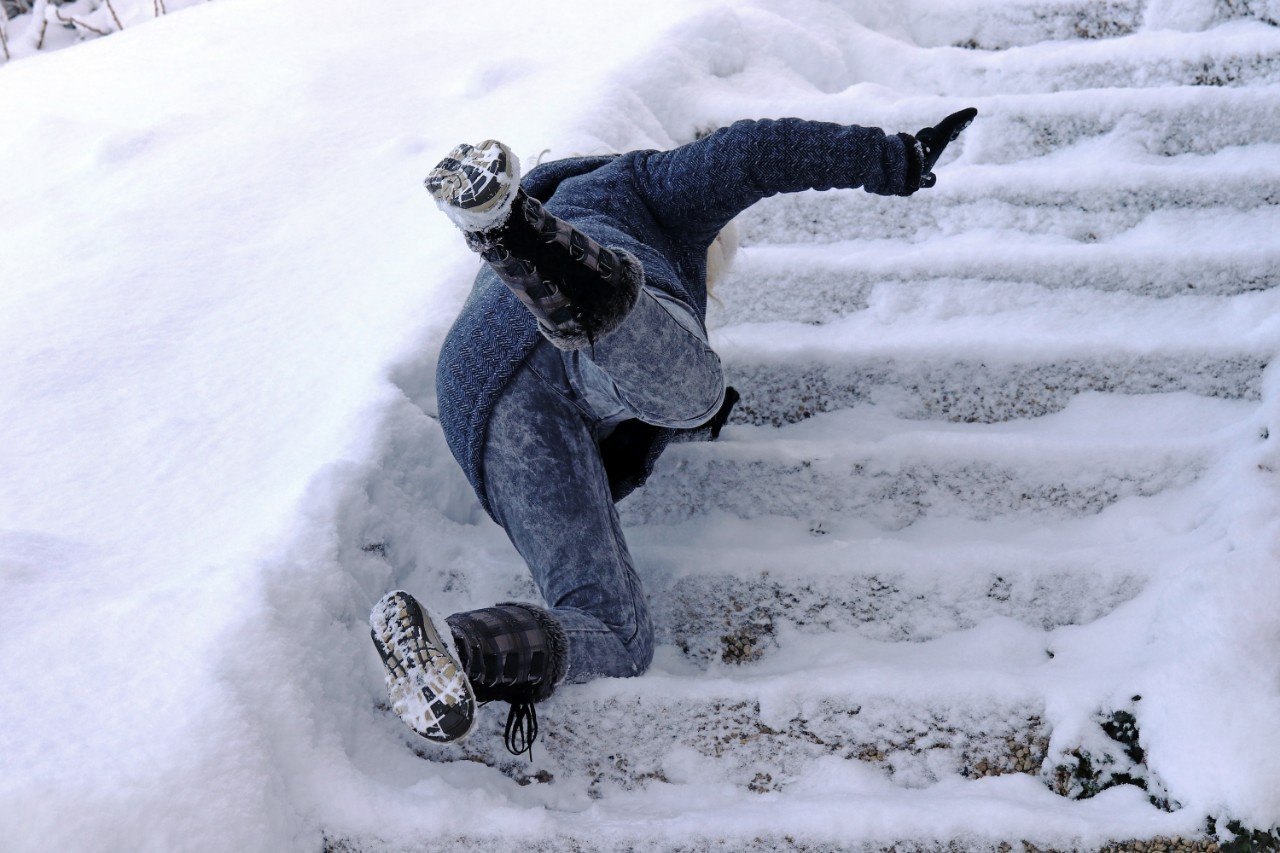It all started with an open house...
Open house tours are an essential part of the real estate industry. Potential home buyers need a full visual understanding of any property they're considering buying, and it's the job of real estate agents to make that happen. But what happens if the client sustains an injury while touring the property? This is where premises liability comes into play.
What is Premises Liability?
Premises liability is a term used when someone is injured on another person's property and wants to sue. It then becomes necessary to determine who is responsible for the injury that occurred, and whether the property owner will be held liable. If the property owner is found to be at fault, they will be required to pay the medical bills of the injured party.
Property injuries usually occur because of a hazard or dangerous condition on the property. Some examples of injury causes include:
- Slip and fall
- Balcony fall
- Elevator accident
- Toxic fumes
- Dog bite
- Fire or flood
- Inadequate security
- Swimming pool accident
Who is Liable?
When determining who is liable for the injury, it all depends on who owes the injured party a “duty of care”. This means that someone, usually the property owner, has a duty to provide proper warning to anyone entering the property. As with all personal injury cases, the injured party will need to prove negligence, meaning they must prove that someone had a duty of care and failed that duty. For example, if a property owner is aware of a damaged stair and fails to warn open house attendees, someone could trip and fall, sustaining an injury. According to Mount Juliet slip and fall lawyer Christopher Eads, slip and falls are the most common premises liability injuries.
Tennessee follows a modified comparative fault law, meaning that multiple parties can be found at fault. In fact, if the injured party is found to be at least 50% liable, they won't receive any compensation. In the example mentioned, if there is indeed a broken stair but the client chose to run through the property or was intoxicated, both parties could be found partially responsible.
The Real Estate Agent
Because the realtor is only in charge of opening up the property for tours, they are rarely responsible for an injury on the property. A real estate agent does not own the property, therefore they cannot be aware of all possible hazards. There would need to be some solid evidence that an agent was aware of a dangerous condition and failed to disclose it, for them to be found liable. Unless a contract has been drawn up placing liability on the realtor, they won't be found responsible. Some agents even have insurance for this purpose, just in case.
The Property Owner
The property owner usually holds the most responsibility for these types of cases. By law, all property owners must exercise reasonable care to ensure their property is free from harmful risks. Reasonable care sounds like a vague term, but it is a legal term. It means that property owners must either remove any hazards on the property or provide warnings of any known hazards. If there is a dangerous condition they aren't aware of, things become more complex.
The Client
Sometimes hazards are obvious, and it should be clear to anyone touring the property. One common defense from property owners is the “open and obvious” defense, which applies to any dangerous condition that is extremely apparent and should clearly be avoided. Sometimes it comes down to proving that the property owner was aware of a dangerous condition, which can be hard to do. Each case is different, but assuming the client is acting reasonably on their tour of the property, it is rare that they would be responsible for their injury.
If you are a property owner, you face the most risk of a premises liability lawsuit. Make sure to make your property as safe as possible before an open house, and leave clear warnings for any hazards that can't be fixed. If you are a real estate agent or prospective buyer, just exercise normal caution when touring a property. If all parties remain vigilant, you can reduce the chance of injury.

